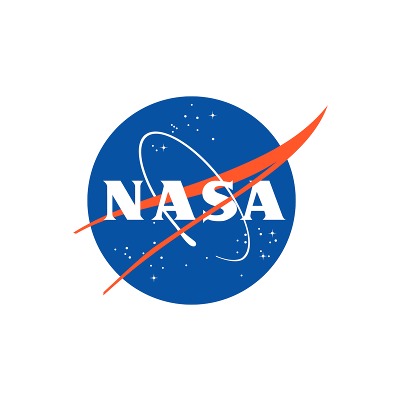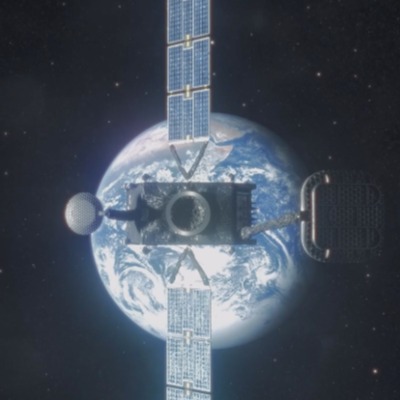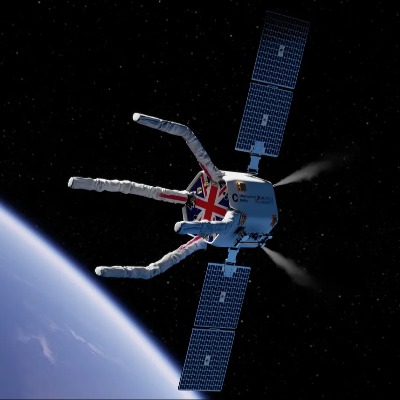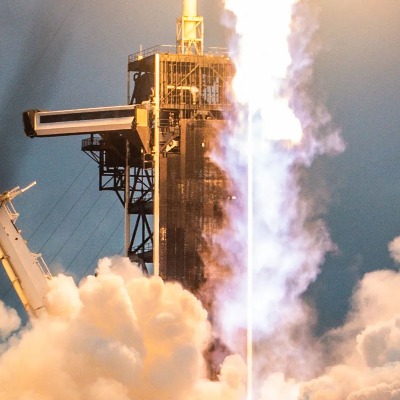Moon Rush Heats Up: Blue Origin & SpaceX Race To Develop Cargo Lunar Landers
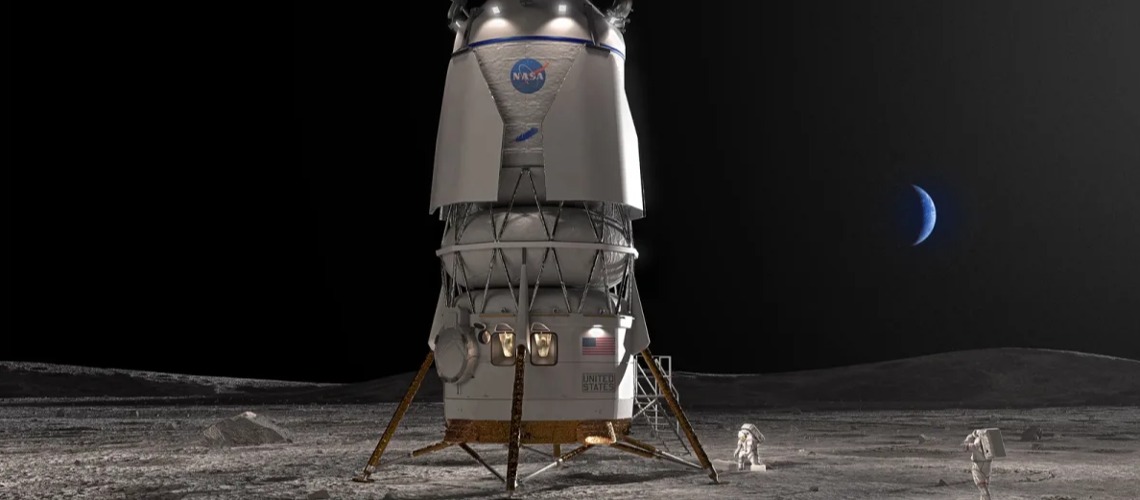
The race to the Moon is intensifying, as the two frontrunners, Blue Origin and SpaceX, have officially kickstarted development of cargo versions of their crewed lunar landers. This move signals their ambition to not only deliver astronauts to the lunar surface, but also establish a sustained lunar presence through critical cargo transportation.
The development comes in response to NASA exercising an option within its Human Landing System (HLS) awards. Both Blue Origin and SpaceX received contracts in 2021 to develop crewed landers for the Artemis program, aiming to put humans back on the Moon by 2025. Now, with this additional funding, they will focus on adapting their landers for cargo delivery, capable of hauling tons of vital supplies and infrastructure to the lunar surface.
Blue Origin's Blue Moon Cargo:
-
Building upon their Blue Moon lander design, Blue Origin will develop a dedicated cargo variant capable of carrying up to 3 tons of payloads. This lander is expected to utilize BE-3 engines, the same powerful technology currently powering their New Shepard suborbital rockets.
-
Blue Origin CEO Jeff Bezos has emphasized the importance of lunar resource utilization (ISRU) for establishing a sustainable lunar base. The cargo lander will play a crucial role in transporting equipment needed for extracting and processing resources like ice and regolith.
SpaceX's Starship Lunar Variant:
-
SpaceX, known for its ambitious Starship spacecraft, will leverage its existing design for the cargo lander version. Their focus is on large-scale cargo delivery, with Starship capable of transporting up to 100 tons of payload to the Moon.
-
Elon Musk, the visionary leader of SpaceX, has long advocated for a permanent lunar base and sees Starship as the key to rapid transportation and construction. The cargo lander is expected to facilitate rapid deployment of infrastructure and habitats for future lunar inhabitants.
The Implications of a Dual-Track Approach:
This dual-track approach by Blue Origin and SpaceX has numerous implications:
-
Faster Lunar Development: The ability to rapidly transport large quantities of cargo will significantly accelerate the pace of lunar base construction and scientific research.
-
Economic Opportunities: The demand for lunar cargo transportation will open up new avenues for commercial space companies and create potential opportunities for mining and resource utilization.
-
Global Collaboration: As NASA partners with private companies, international collaboration on lunar exploration is likely to increase, paving the way for a more unified global effort in space.
The competition between Blue Origin and SpaceX promises to push the boundaries of lunar logistics and innovation. As both companies work tirelessly to refine their cargo landers, the Moon stands poised to become a bustling hub of human activity in the not-so-distant future.

